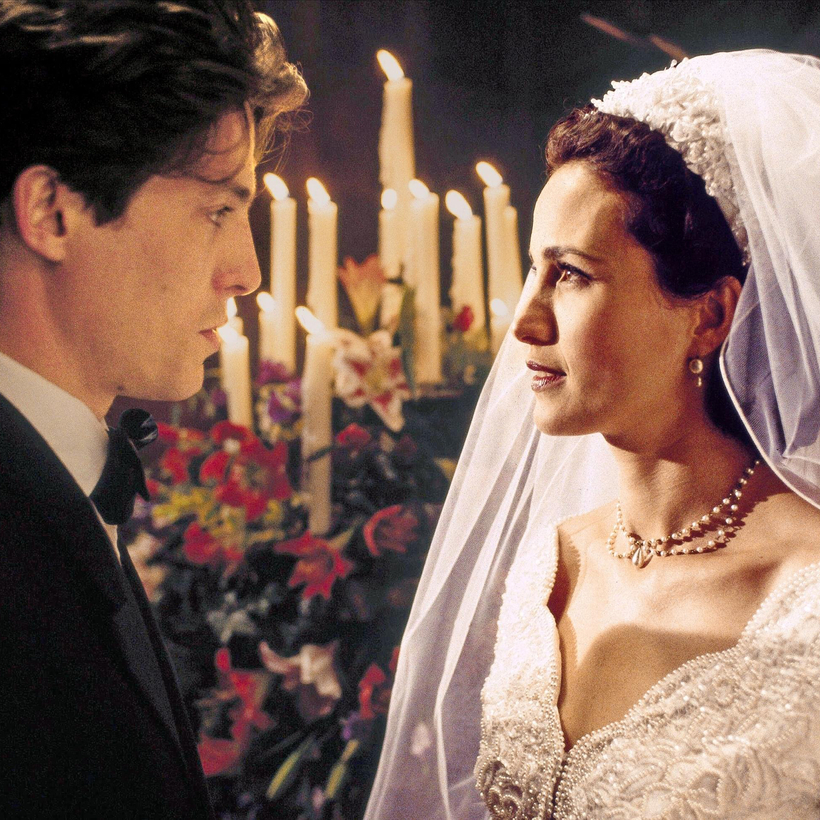It takes a certain cheek to start an elegant British rom-com with “f***, f***, f***, f***, f***ity f***, bugger”. Thirty years ago that sort of profanity was best saved for the X-rated. It also takes a certain Shakespearean confidence to explicitly tell potential viewers that, alongside summery love, they will be viewing scenes of death and mourning. It’s not all sunshine and rainbows, we’re reminded with the title Four Weddings and a Funeral — life is tragicomic, after all.
Clearly, these risks paid off. Richard Curtis’s third film (and first hit), about Charles, a posh, charming Brit who falls for Carrie, an unattainable American, at one of the many weddings he attends with his oddball group of friends, earned nearly $250 million in revenue worldwide.

